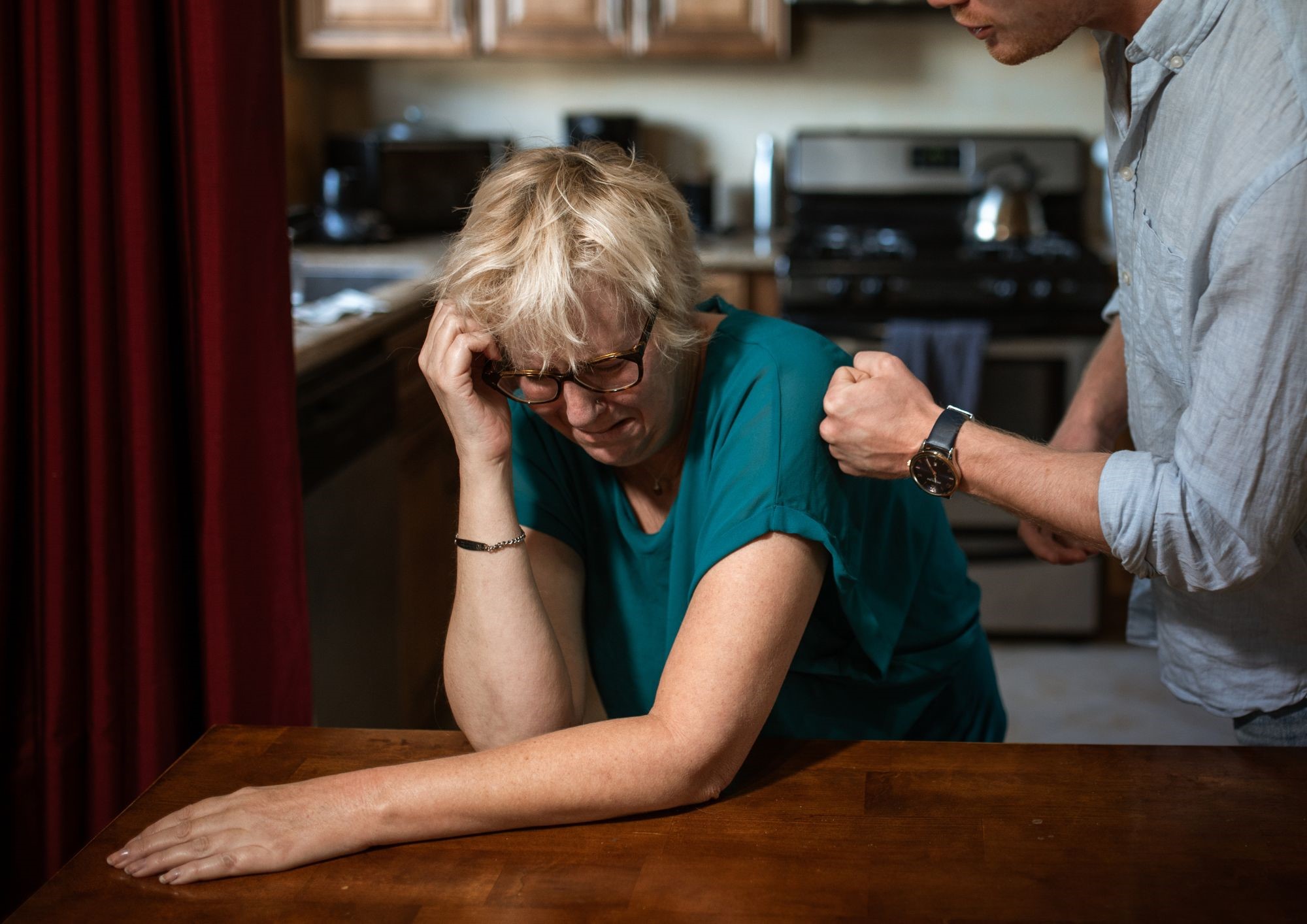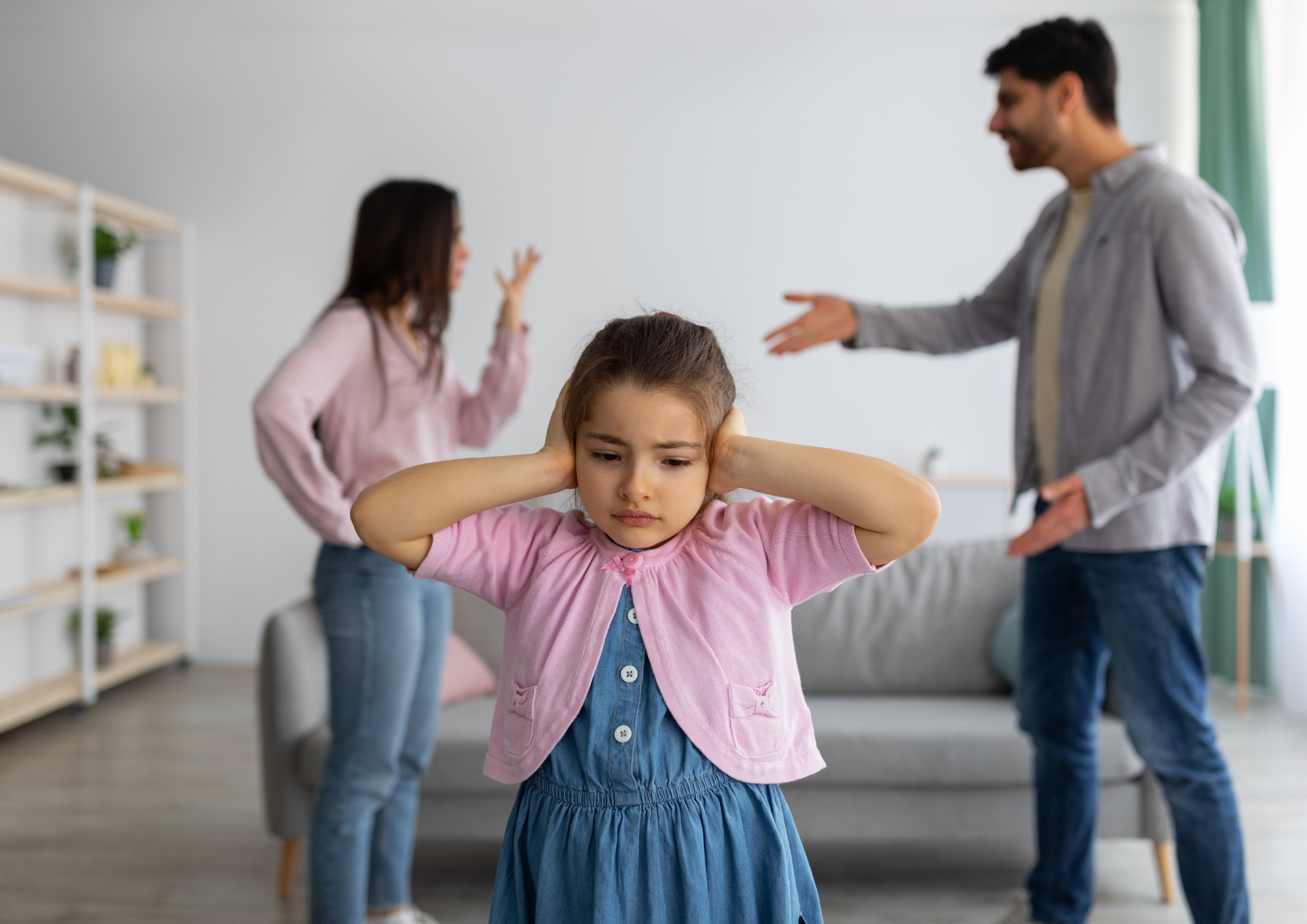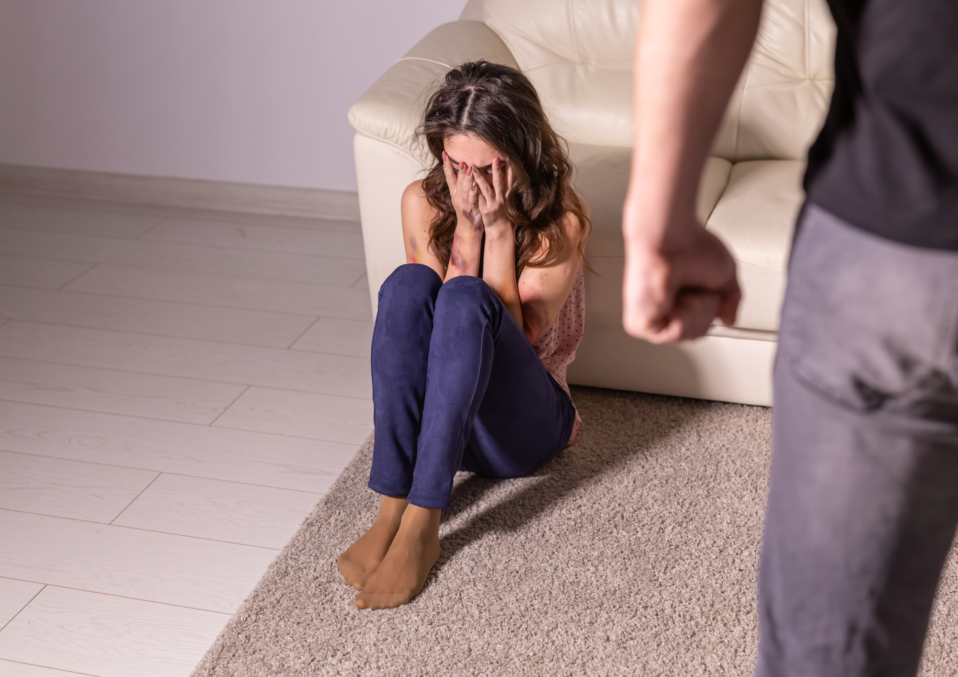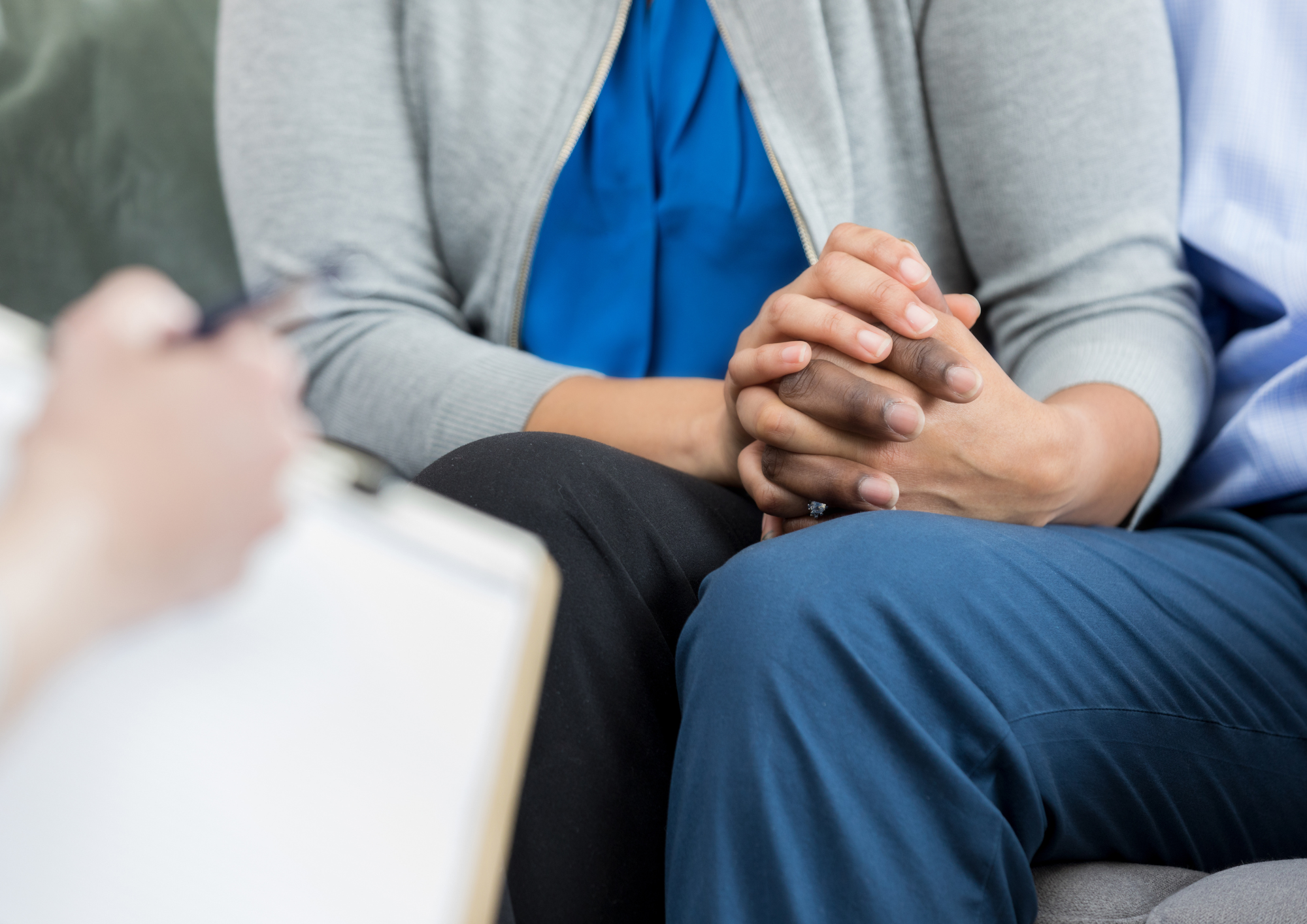Is Social anxiety destroying your life?
Social anxiety can undoubtedly have a significant impact on a person’s life. If left untreated, social anxiety can lead to isolation, difficulty forming and maintaining relationships, and depression. It can also interfere with daily activities such as work or school and prevent a person from reaching their full potential.
Here are some common effects of social anxiety:
- Relationships: Social anxiety can make it difficult to form and maintain relationships. People with social anxiety may avoid social situations or experience intense fear and anxiety when interacting with others, making it challenging to connect deeply.
- Work or school: Social anxiety can interfere with a person’s ability to perform well at work or school. People with social anxiety may avoid group meetings or presentations, leading to missed opportunities or poor performance.
- Health: Social anxiety can harm a person’s physical and mental health. People with social anxiety may experience sleep disturbances, fatigue, and digestive issues. They may also be at a higher risk of developing depression or substance abuse issues.
- Daily activities: Social anxiety can make everyday activities challenging, such as going to the grocery store, using public transportation, or even answering the phone. This can lead to feelings of isolation and helplessness.
It is important to seek help if social anxiety negatively impacts your life. With the right treatment and support, managing social anxiety and improving your quality of life is possible.
Remember, you are not alone in your struggle with social anxiety. It is a common condition that affects many people, and seeking help is a sign of strength, not weakness. By taking steps to address your social anxiety, you can begin to regain control of your life and live more fully.

Managing social anxiety
Here are some tips for managing social anxiety:
- Recognise and challenge negative thoughts: People with social anxiety often have negative thoughts and beliefs about themselves and their ability to handle social situations. Challenging these thoughts and replacing them with more positive and realistic ones can be helpful.
- Practice relaxation techniques: Relaxation techniques such as deep breathing, meditation, and progressive muscle relaxation can help to reduce anxiety and promote a sense of calm.
- Gradual exposure: Gradual exposure to social situations can help to reduce anxiety over time. Start by exposing yourself to less anxiety-provoking situations, and gradually work your way up to more challenging situations.
- Seek support: Talking to a therapist or joining a support group can provide a safe and supportive environment for people with social anxiety to share their experiences and learn coping strategies.
- Take care of yourself: Self-care is vital for managing social anxiety. Make sure to prioritise healthy habits such as exercise, healthy eating, and getting enough sleep.
Remember that managing social anxiety is a process that takes time and effort. With the proper support and strategies, overcoming social fear and improving your quality of life is possible.










